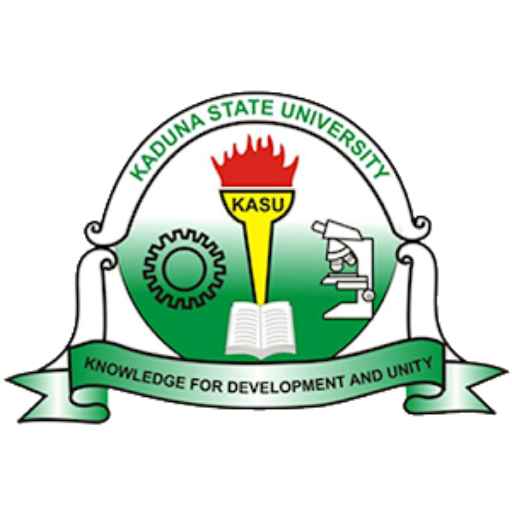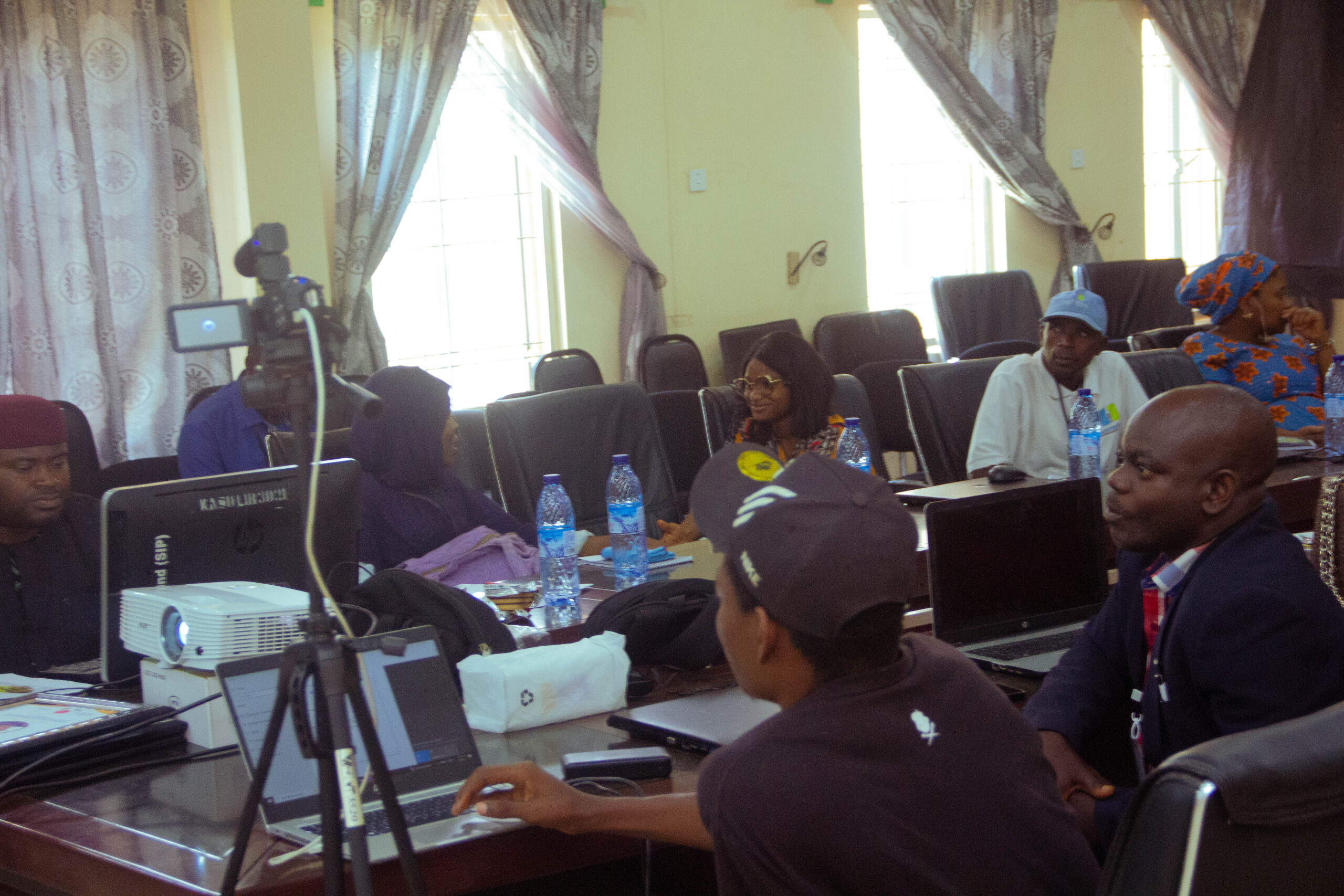Kaduna State University’s Center for Biosecurity, Biosafety, Infectious Diseases and One Health (CEBBIDOH) organized an impactful awareness program focused on Antimicrobial Resistance (AMR), a growing global health threat. The event which took place on 4th and 5th June 2025 brought together leading experts and key stakeholders to explore the causes, consequences, and potential solutions to this pressing issue.
The program commenced with a welcome address by Prof. J.C. Igwe, Director of CEBBIDOH, who acknowledged the presence of distinguished guests and speakers, notably Prof. Charles Esimone, former Vice Chancellor of Nnamdi Azikiwe University (UNIZIK), who delivered the keynote address. Prof. Igwe expressed deep appreciation to the Vice Chancellor of Kaduna State University, Prof. Abdullahi Ibrahim Musa, and the university management for their unwavering support.
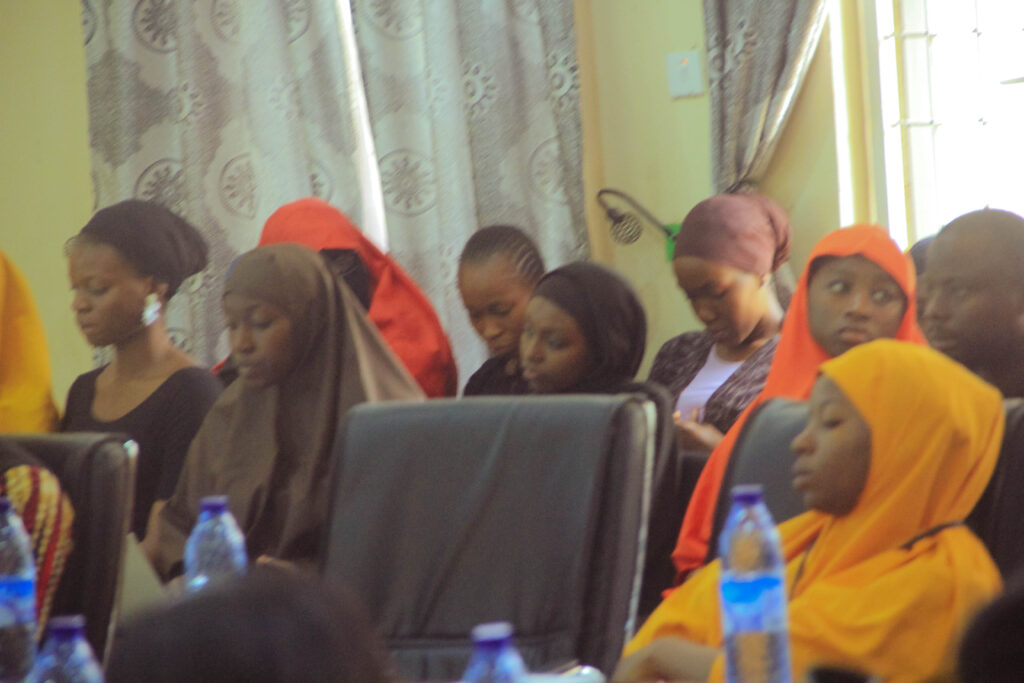
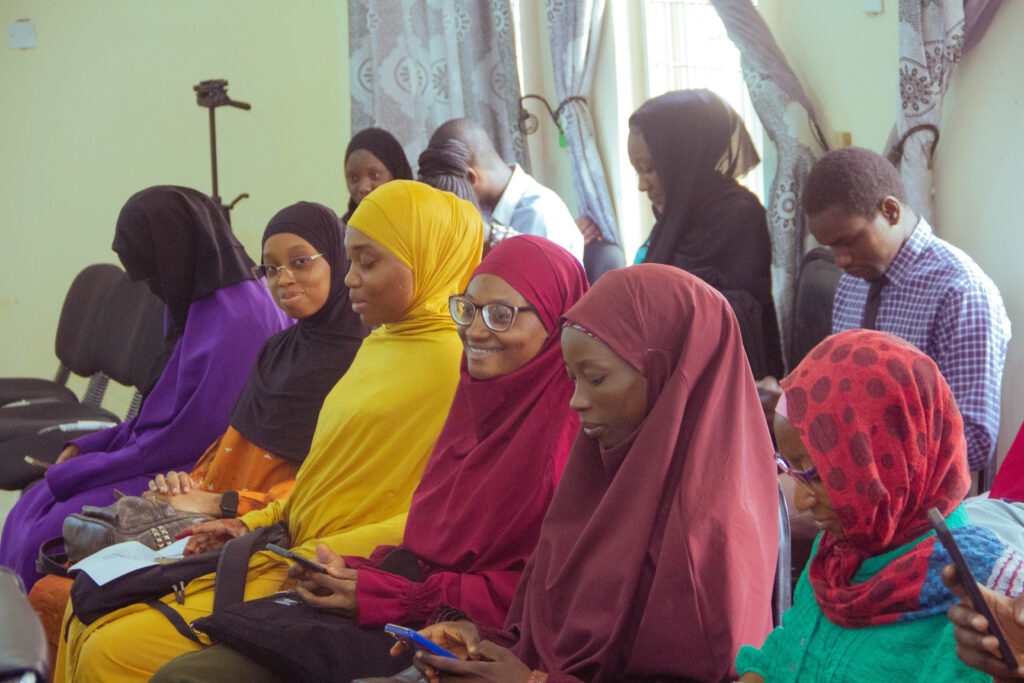
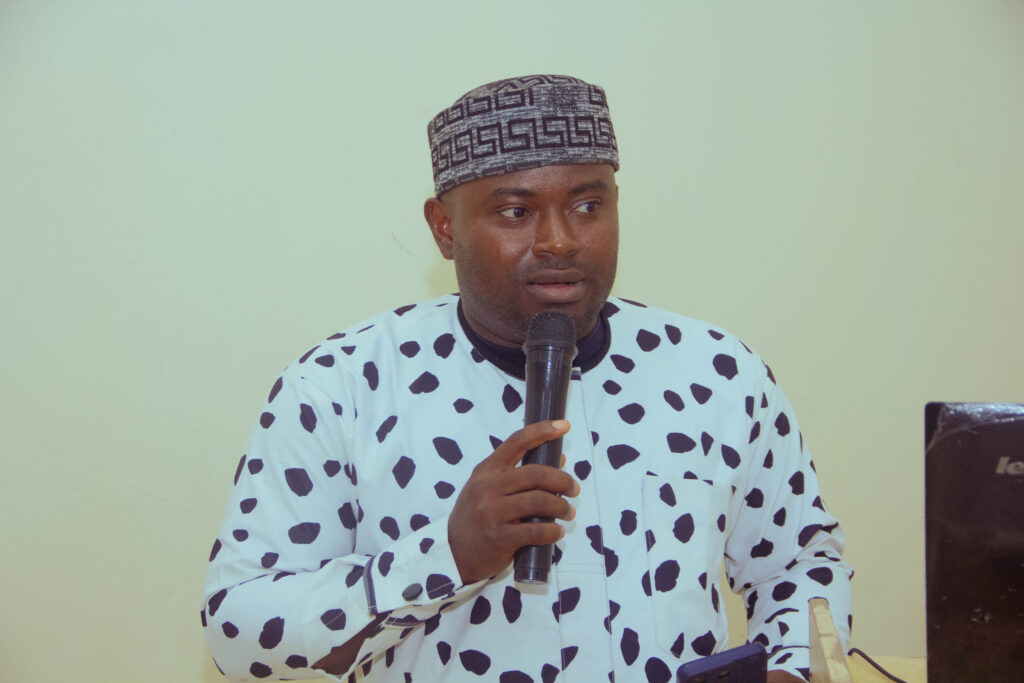
In his keynote address, Prof. Esimone emphasized that AMR arises when microorganisms evolve and become resistant to medications, rendering standard treatments ineffective. He described AMR as a significant threat to public health, food security, and global development. Stressing the interconnectedness of human, animal, and environmental health, he said, “AMR is not insurmountable. With science, solidarity, and a One Health approach, we can preserve the efficacy of life-saving antimicrobials for future generations.”
He further highlighted the environmental dimension of AMR, particularly the persistence of antibiotic-resistant genes in agricultural soils following the application of manure. This, he noted, contributes to the spread of resistance from agriculture to human populations. Professor Esimone called for greater community involvement and the generation of context-specific data on resistance patterns across humans, animals, and the environment.
Representing the Commissioner of Police, CSP Dr. John Aboh commended the initiative and conveyed the commissioner’s support, describing him as a strong advocate of such public health programs.
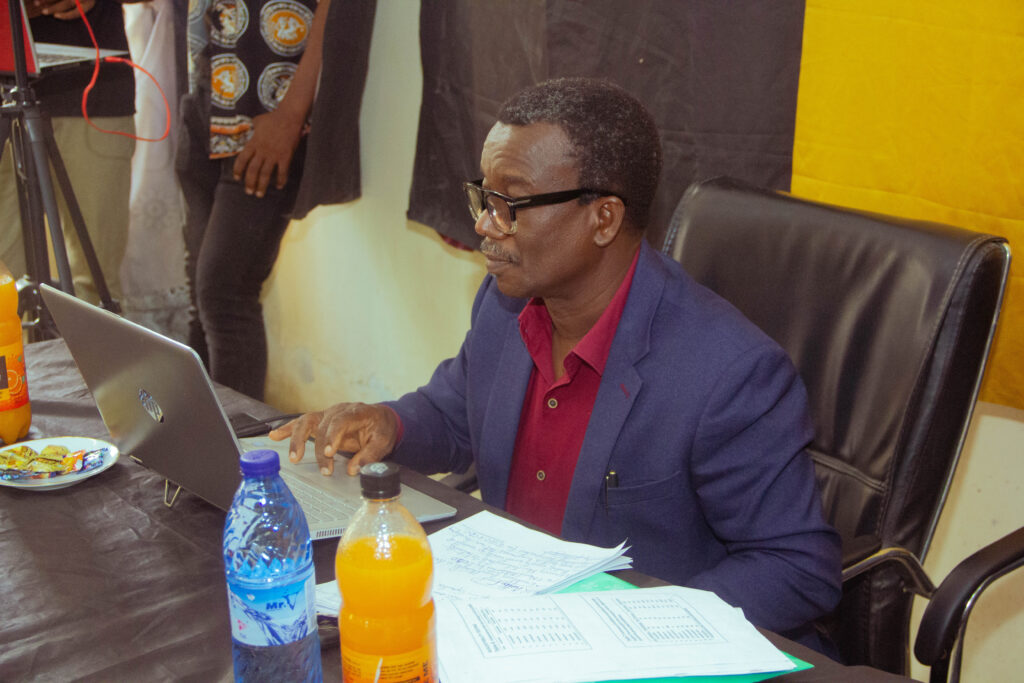
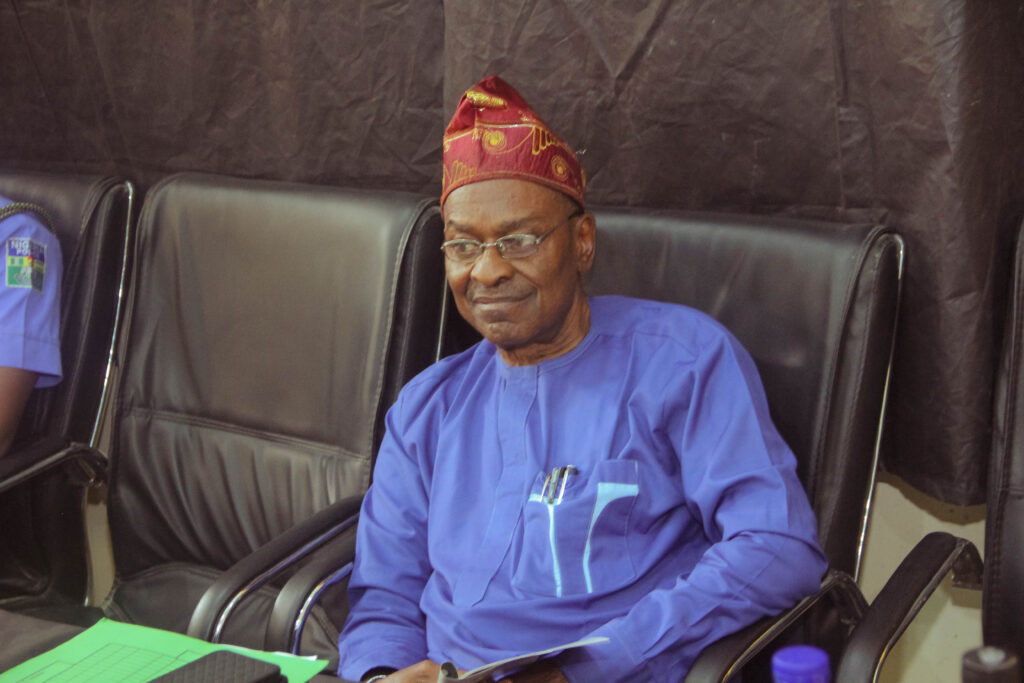

The first plenary session, led by Prof. J.A. Onaolapo, delved into the causes of AMR, citing poor water and air quality, misuse and overuse of antibiotics, inadequate sanitation, and broader socioeconomic challenges such as weak governance and limited investment in antibiotic research.
Prof. Ngwai Yakubu, Director of Research and Innovation at Nasarawa State University, Keffi (NSUK), explored the far-reaching consequences of AMR, while Professor Busayo Olayinka of the Department of Pharmaceutical Microbiology, Ahmadu Bello University (ABU), Zaria, addressed global governance and the international response to AMR.
In his closing remarks, Prof. Abdullahi Ibrahim Musa, Vice Chancellor of Kaduna State University, expressed gratitude to the speakers and participants. He particularly commended Professor J.C. Igwe and the CEBBIDOH team for their dedication and contribution to addressing AMR. The Vice Chancellor reaffirmed the university’s continued support for CEBBIDOH’s programs and presented awards to several distinguished speakers in recognition of their contributions.
The event underlined the critical need for coordinated and sustained action to combat AMR and promote a healthier, more secure future.
